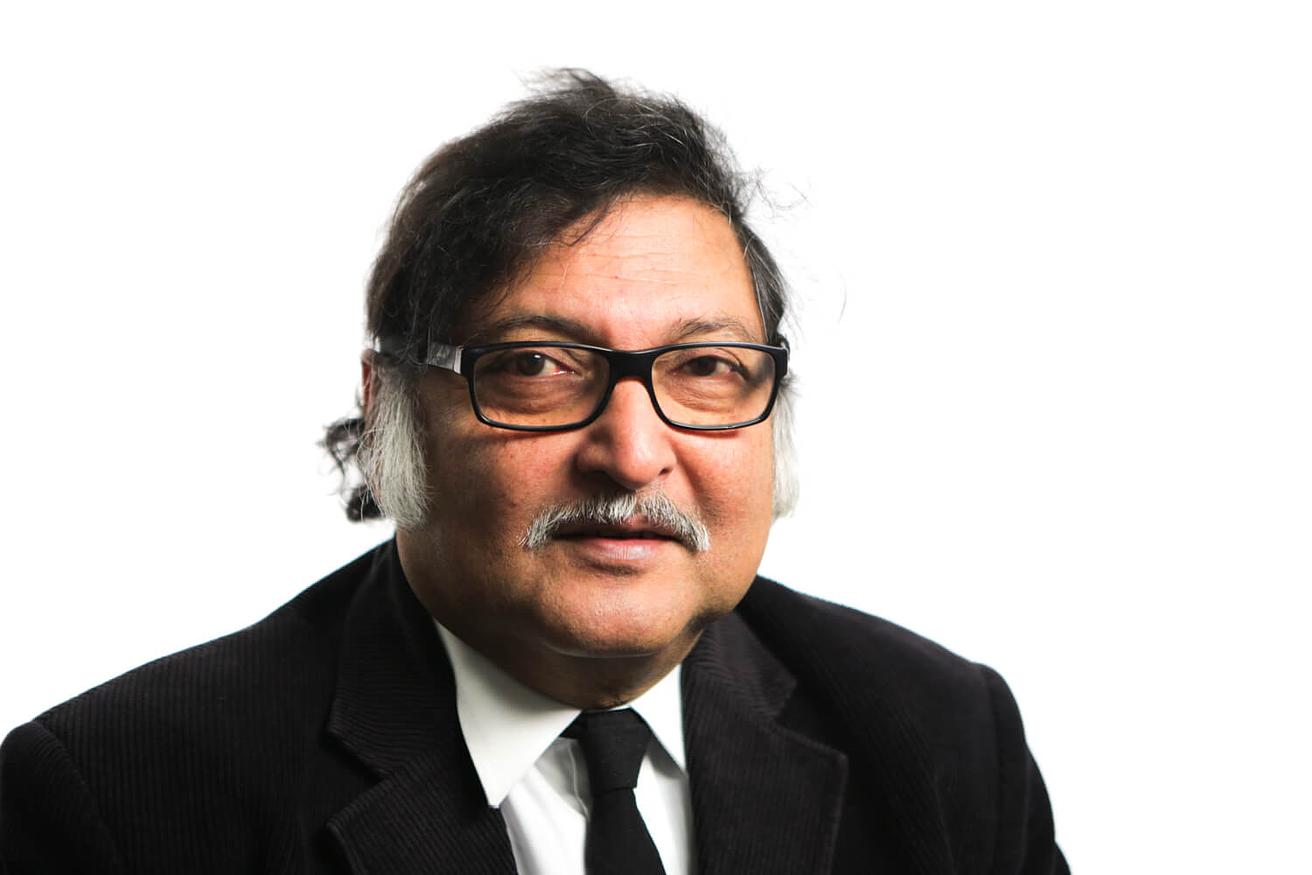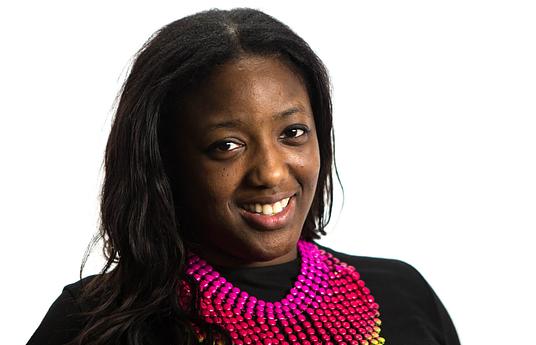Sugata Mitra
Sugata Mitra is Professor of Educational Technology at the University of Newcastle, England. Winner of the 2013 TED Prize in recognition of his work, he was awarded $1m to help build a School in the Cloud.
Skills
Are schools teaching the skills students need?
No, and there are a lot of reasons for this - it’s not as though we are being evil for the sake of being evil. It is just that we are in the grip of two things: one is history, and the other is exponential change. We are not quite used to dealing with things changing exponentially.
That being the case, do you think students can take control of their own education?
They can, and more importantly they probably have to.
I often give an example of transportation - everyone who buys a car would in theory like a chauffeur, but in practice they can’t. You have to drive yourself.
Data seems to show that if children work in groups, are unsupervised and have access to the internet, they are able to learn almost anything by themselves.
Teachers
What do you think the role of the teacher is?
In Self Organised Learning Environments (SOLEs) the teacher becomes a friend. It’s as though a group of you are going somewhere unknown and you have a trustworthy friend, who also doesn’t know where you are going, but who could be useful. A comforting person to have around.
Are there any methods of traditional teaching that are worth keeping?
Definitely. Just because you say something is obsolete it doesn’t mean that everything associated with it is also obsolete.
There are many aspects of teaching that should still be used. For example, the ability to raise an interesting issue or question, which perhaps learners would not have raised by themselves, is a very important task of being a teacher.
As a teacher you can say something like: ‘guess what, I was wondering why eggs are egg shaped.’ Usually nine year olds would react by saying: ‘yeah, well they are egg shaped because...’ and they’ll say something absurd, so then you ask: ‘are you sure?’ And they’ll say no, which means you can prompt: ‘do you think you could use the internet and figure it out?’
Suddenly you’ve sparked research into three dimensional geometry.
Assessment
How do you see the future of testing in schools?
I wish I had the full answer, but I don’t, I’m a bit stuck here. Standardized testing as it exists today cannot allow open-ended questions because not all examiners will mark the same way. So to say that we should allow open-ended questions will immediately bring up the issue - who is going to be the examiner?
I think we need automated methods for testing questions which are open-ended, which ask the child what he thinks of a certain issue, which asks questions to which there are perhaps no answers. So then all you can say is: ‘current understanding tells us that this is what the answer might be.’ But who is going to evaluate?
I think governments need to put together task forces to re-examine how the assessment system can be overhauled completely. It’s not a question of improving the existing assessment system - we need a complete change.
I don’t know what that change will be. Perhaps one day it could be sort of biometric - so you don’t actually have questions and answers. Or you do have questions and answers, but what you’re measuring is what’s happening inside the brain.
Environments
What would be the best learning environment?
Access to the internet in groups seems to be the right environment to create. How do you access the internet in groups? You need a big screen of some sort. Unfortunately, technology is heading more towards use of tiny screens, which I don’t quite like for this purpose.
There are people who say: ‘can’t we give the children tablets?’ Give them tablets for sure, but if you create a learning environment in which everybody has a tablet it can’t do what I think it should do, which is encourage collaborative thinking.
Leadership
Should government have a role in educational change?
First and foremost the government should reevaluate assessment, and it should look at the purpose of school. This requires pretty deep introspection.
I think the purpose of schooling is to enable people to live happy, healthy and productive lives.
Now, any government will agree with that, of course, but is the schooling system really designed for that? I think not. I think a lot of the schooling system is devised to produce a workforce that will serve a ruling class. And we are in denial - we don’t want to believe that, because that world doesn’t exist anymore, or almost doesn’t exist.
Governments need to rethink what should be done in schooling so that children will be happy, will be healthy and will be productive. As soon as that happens, a lot of things will drop out of the curriculum. For example, the ability to multiply three digit numbers by two digit numbers on pencil and paper is no longer something that will make your child very productive.
The other thing it has to do is change examination systems. To find out if a child is happy, healthy and productive requires a different way of examining, which we just don’t have right now.
Do you have any examples of governments that are doing it right?
Many governments are trying a range of different things, but I think most of them are still in the grip of history. This is because the main decision makers are from another generation, who find it very difficult to shift from certain fundamental beliefs - for example, that learning to read is very important, to be able to write in cursive by hand is very important, learning the multiplication tables is very important.
These are somehow so ingrained in us that as soon as I say: ‘maybe we should re-examine those things,’ people react with either horror or think what I’m saying is very foolish.
Personal memory
What was your favourite moment in your own education?
I remember one instance when we were being taught how to differentiate in calculus. I went home and was doing something with differentiating, and I came up with an equation. I took it back to school the next day and showed it to the math teacher during our recess. He said: ‘you know this is called Maclaurin’s Theorem and you’ve probably just rediscovered it yourself.’ I remember being quite happy at that.
Did you have a favorite teacher?
Yes, my English teacher was a bit of a favorite of mine because he used to read out Shakespeare. But he used to read it in such a way that the whole thing made sense, so for the first time we realized that Shakespeare was a really good writer.
When you read him without hearing it out loud the English is so funny, so I quite appreciated that teacher - the fact that he showed us what Shakespeare was trying to say just by reading it.
The next 100 years
The next 100 years of Finnish education should… make itself capable of continuous and rapid change.
The process of review and change will not last very long. It must be a system that is capable of continuously changing and updating itself.





